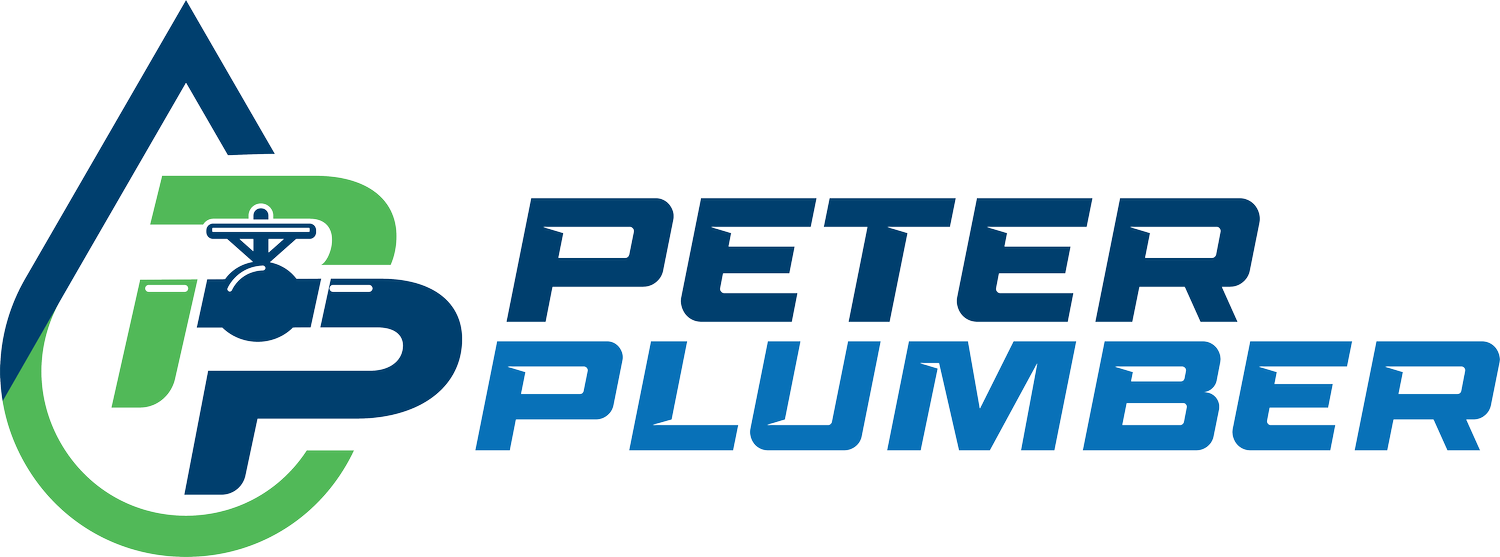Avoid Kitchen Nightmares with Grease Trap Maintenance
Running a successful restaurant or commercial kitchen in Atlanta requires more than great food and attentive service. Without a well-maintained commercial plumbing system, even the best operations can grind to a halt. One of the most critical components is the grease trap. Without regular cleaning and maintenance, it can quickly turn your kitchen into a real-life episode of Kitchen Nightmares.
At Peter Plumber, we provide Atlanta grease trap cleaning and commercial kitchen plumbing services for restaurants, bars, and food service operations around the city and surrounding counties. Here is what every owner and property manager needs to know about compliance, cleaning intervals, and the risks of neglect.
Why Grease Trap Maintenance Matters
A grease trap is a device that captures fats, oils, and grease before they enter a sewer system. Without a functioning and clean grease trap, FOG builds up inside pipes, causing major clogs, backups, foul odours, and even restaurant closures.
Local water authorities require restaurants to maintain grease traps to meet compliance standards. Neglecting this requirement can result in costly fines and unplanned downtime.
New to grease management compliance? Here are helpful links to grease trap information from local water authorities:
Still unsure? Peter Plumber can help. Contact us to learn more about what is required in your area for FOG requirements.
How Often Should Grease Traps Be Cleaned
Most grease traps in busy, high-volume Atlanta restaurants should be cleaned every 30 to 90 days. The exact schedule depends on your trap size, kitchen volume, and local code requirements.
Our restaurant clients in Downtown Atlanta, Buckhead, Midtown, Sandy Springs, Roswell, Decatur, and Duluth often choose a 60-day schedule to stay compliant and avoid surprise inspections or backups. Routine service is always more affordable than emergency repairs.
The Risks of Skipping Grease Trap Service
Neglecting grease trap maintenance creates problems that no restaurant can afford:
Health code violations that may force temporary closure
Sewer line blockages that cause kitchen or restroom flooding
Fines from water authorities for non-compliance
Strong odors that drive customers away
High repair bills compared to routine cleaning
Restaurants in Alpharetta, Johns Creek, Peachtree Corners, and Norcross have learned the hard way that failing to schedule service can lead to both financial loss and reputational damage.
For example, a metro Atlanta Jamaican restaurant failed a routine health inspection in June 2025 due to an indoor grease trap harboring pests. Peter Plumber can help avoid these dangerous situations by performing complete grease trap maintenance.
Complete Commercial Kitchen Plumbing for Metro Atlanta
At Peter Plumber, we go beyond grease trap cleaning. Our team supports food service businesses with:
Grease trap maintenance and inspection
Hazardous waste removal from grease trap cleaning
Commercial drain cleaning and hydro jetting
Leak detection and repair in prep and dishwashing areas
Fixture repair and replacement for sinks, dish stations, and restrooms
We serve restaurants and bars across Metro Atlanta, including Ansley Park, Atlantic Station, Berkeley Lake, Brookhaven, Chamblee, East Cobb, Emory, Grayson, Lawrenceville, Lilburn, Loganville, Morningside, Mountain Park, Snellville, Sugar Hill, Suwanee, Tech Square, Tucker, and Virginia-Highland.
Final Thoughts
Your grease trap may not be the most visible part of your kitchen, but it is one of the most important. Regular cleaning keeps your business compliant, prevents costly emergencies, and ensures smooth restaurant operations.
At Peter Plumber, we deliver Atlanta grease trap cleaning and commercial kitchen plumbing services with transparency, communication, and integrity. Contact our friendly team today to schedule grease trap service in Metro Atlanta and protect your restaurant from kitchen nightmares.


